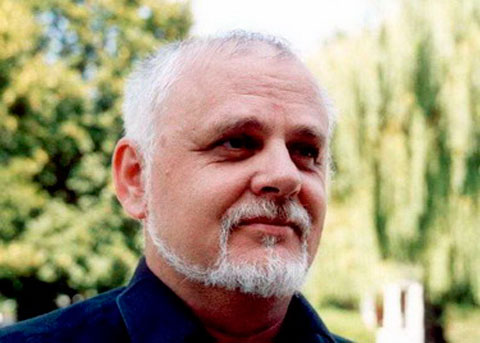Donetsk human rights activists assert that Ukrainian state bears partial responsibility for increase of number of militants
In eastern Ukraine, former convicts who had problems with employment even in the times of peace, face great challenges: only a small part of them can solve their problems without resorting to illegal armed groups.
This problem was described by the head of the human rights organization "Donetsk Memorial" Alexander Bukalov.
Every year, almost five thousand people are released from penitentiary institutions in Donetsk region. In spring 2014, three thousand more were released due to an amnesty. A considerable part of them needs help immediately after the liberation. Unfortunately, the government is indifferent to their problems, and almost doesn't support them, ascertain human rights activists.
According to "Donetsk Memorial", former convicts receive a considerable support from the temporary shelter in Donetsk, operating within the framework of the project "Implementation of the program of social adaptation and social support for persons released from prison in the Donetsk region", which has been carried out since 2012 together with the shelter, with the aid of the International Foundation "Renaissance". "Since October 2013 until July 2014, 140 people who were released from jail applied to the shelter,” says Mr. Bukalov. “We conducted a survey with each of them conducted to identify their problems, needs and give them advice. Documents were restored for 63 of them. All applicants were registered in the place of residence (the address of the shelter). 48 were registered as people with disabilities, 46 – as pensioners. 74 people were placed directly in the shelter, 59 received medical treatment thanks to this facility. Nine people were placed to a nursing home."
Among the main problems of the former prisoners human rights activists note the following. Firstly, being released, they don't have a shelter. Social shelters are virtually absent in the Ukraine and nobody cares for the reconstruction of their network. The availability of overnight accommodation houses does not solve the problem. Secondly, according to the law any social assistance, including medical, can be presented only if a person is registered in a certain location. The problem could be solved for the people who are released from jail, if they could receive temporary registration on a certain address, even without living there. Thirdly, being released often without a penny, because in prisons there is often no work, the people try to find sources of income as quick as possible. Even if some of them manage to find them, they still have the problem where they could live and get the registration.
Given the hard situation in the Donetsk region, there is no wonder that after release from prison some people are looking for an opportunity to survive by taking up arms. Long-lasting state indifference to problems of the persons who are released after serving a prison sentence, is bringing such undesirable consequences. We need to realize and say openly that some responsibility for increase in the number of armed guerrillas lies with the state,” argues "Donetsk Memorial". "The minimal assistance, which was given by the shelter, is being reduced”, says A. Bukalov. “Passport offices stopped working, that's why the temporary registration of the released prisoners in the shelter has been stopped, and free tickets for the receipt of passports are no longer issued”. The state is again going by a familiar path: first creates a problem trying to save a dime, then she still has to solve these problems by spending thousands”, sums up the human rights activist.


















